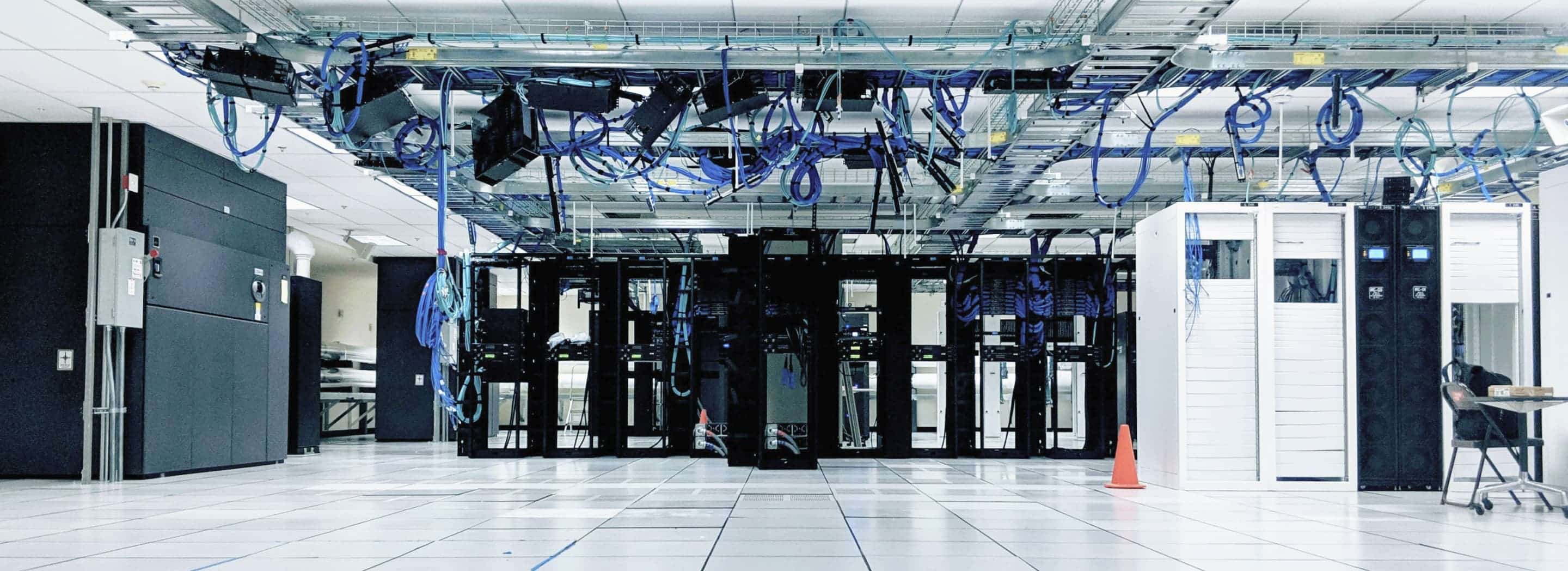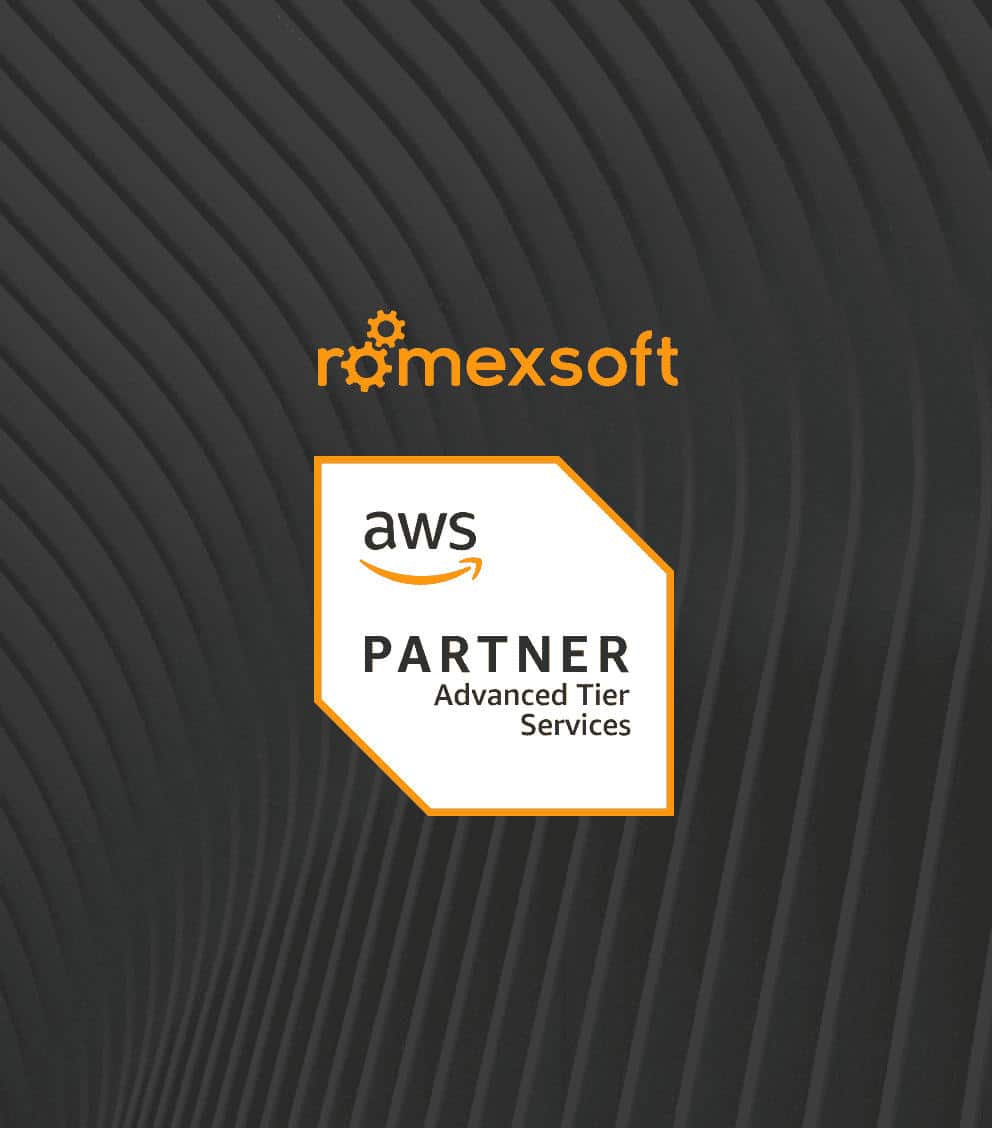What are Cloud Based Solutions? Your Cloud FAQs Answered
For those, who are still building a business case for cloud adoption, we propose this quick FAQ, explaining what is the cloud, and how can a cloud-based solution help your company gain a competitive edge. What is a Cloud-Based Solution? Cloud-based solutions (or ‘cloud’ for short) stands for on-demand delivery of computing resources over the […]

Table of Contents
For those, who are still building a business case for cloud adoption, we propose this quick FAQ, explaining what is the cloud, and how can a cloud-based solution help your company gain a competitive edge.
Table of Contents
What is a Cloud-Based Solution?
Cloud-based solutions (or ‘cloud’ for short) stands for on-demand delivery of computing resources over the Internet. On a pay-for-use-basis, you can get access to as many resources as you need such as storage space, software and applications, networks, and other on-demand services.
What are the Common Types of cloud technology solutions?
There are three types of cloud-based systems at your disposal:
IaaS: Infrastructure as a service allows you to rent storage, networks, virtual machines, servers, etc. from a cloud service provider. This is usually contracted as pay as you go.
PaaS: Platform as a service provides you with a “space” to build, deliver, test, and manage various apps. This way, you can focus on software development, instead of creating and managing the underlying infrastructure.
SaaS: Software as a service refers to the delivery of cloud-based software solutions. The cloud provider hosts the app as well as the infrastructure. They also take care of software maintenance and upgrades.
What Does the Phrase ‘Cloud-Based Services’ Mean?
Cloud-based services are stored on external servers, owned by someone else that your organization. Customers can access those services over the Internet. For example, rather than hosting a software application on a physical server in your data center, you pay to have it hosted by a cloud services provider.
What is Cloud Based Software?
The ‘cloud’ component means that the software is hosted, and often maintained, on an external virtual (cloud) server.
What is a Managed Cloud?
Engaging with a managed cloud services provider means that instead of maintaining cloud IT functions in house, you hire a professional team to run, operate and optimize your cloud infrastructure. Think of this as hiring a broker to manage your investment portfolio and retirement savings.
What are the Benefits of Cloud Computing?
Cloud computing can be beneficial to your business for the following reasons:
- Scalable data storage
- Easier and less expensive maintenance
- Eliminates disaster recovery concerns
- Better security
- Fewer compliance concerns
- Business continuity is guaranteed
- Less IT staff needed in-house
- Reduced costs
- Rapid cross-border expansion
- On-demand access to additional resources for rapid scaling
More read: The Definitive Benefits of AWS Cloud Adoption
What is Cloud Storage and How Does it Work?
Cloud storage is an online repository for your data, accessible over a network. You can manage, maintain, backup and organize your data remotely, instead of maintaining an on-premise data center.
How Much Cloud Storage/Computing Costs?
The cost of cloud storage and computing can vary widely. It depends on the amount of computing resources you require on a daily/monthly basis, additional cloud services you chose to use, and your maintenance needs. The good news is that most cloud services providers offer very transparent pricing, and you can always employ additional cloud cost optimization strategies to reduce your bill.
More read: Top 10 AWS services
What is the Best Cloud Services Provider/Platform?
Check our comparison of AWS, Google Cloud, and Microsoft Azure – the top three cloud services providers. All three have unique advantages, but our team usually recommends going with AWS.
How Can Romexsoft Help?
IT professionals at Romexsoft can assist you with application migration to the cloud, as well as cloud-based application development. We can assist you in selecting the perfect cloud technology solutions, work with your team to create a migration strategy, execute that strategy, and provide ongoing managed AWS cloud services after the fact. We are also proud to offer 24/7 DevOps support in order to help you maximize your uptime.





